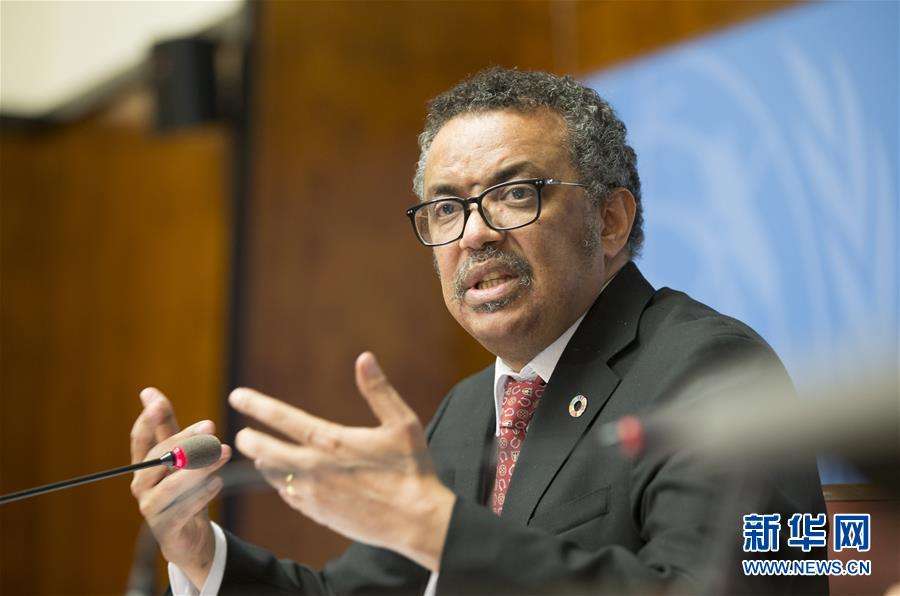(Xinhua)09:11, September 10, 2020
WASHINGTON, Sept. 9 (Xinhua) — Commander of U.S. Central Command Kenneth McKenzie confirmed on Wednesday that the United States would withdraw thousands of troops from Iraq and Afghanistan by November, U.S. media reported on Wednesday.
The Politico reported that McKenzie, during a ceremony for Operation Inherent Resolve with the Iraqi minister of defense, said that U.S. troop presence in Iraq would be reduced to 3,000 by the end of September.
The force reduction is due to the great progress the Iraqi forces have made and in consultation and coordination with the Government of Iraq and our coalition partners, he said.
Currently, there are over 5,000 U.S. troops deployed in Iraq to support Iraqi forces in battles against remnants of the Islamic State (IS), mainly for training and advisory purposes.
McKenzie noted that the reduced size of U.S. military presence in Iraq would still be able to advise and assist Iraqi forces in rooting out the IS remnants in Iraq.
The top U.S. general in the Middle East told several media outlets later in the day that U.S. troops in Afghanistan would be decreased to about 4,500 level by early November.
The Pentagon said in mid-July that the United States maintained its force level in Afghanistan at mid-8,000s, meeting the conditions of the U.S.-Taliban agreement signed in late February.
The agreement also called for a full withdrawal of the U.S. military forces from Afghanistan by May 2021 if the Taliban meets the conditions of the deal, including severing ties with terrorist groups.
The numbers and time frame of the troop reduction plan that McKenzie disclosed on Wednesday were mainly in line with previous reports and discussions.
The Wall Street Journal wrote in a late August piece that the Pentagon would reduce military presence in Iraq by roughly one-third over the next two or three months, bringing U.S. troop numbers down to 3,500.
Pentagon chief Mark Esper also confirmed last month that U.S. troops in Afghanistan would be lowered to less than 5,000 by the end of November.
As the presidential election looms, President Donald Trump has doubled down efforts to seek to fulfill his campaign promise to bring troops home and to pull his country out of endless wars.
During his meeting with visiting Iraqi Prime Minister Mustafa al-Kadhimi last month, Trump reiterated his intention to withdraw troops from Iraq.
Trump also has sought a full withdrawal from Afghanistan. The war in Afghanistan, which has caused about 2,400 U.S. military deaths, is the longest one in U.S. history.
The troop reduction announcement came amid the development of a delicate relationship between Trump and the military.
In Mondays White House briefing, Trump claimed senior leaders in the Pentagon probably didnt like him because they want to do nothing but fight wars so that all of those wonderful companies that make the bombs and make the planes and make everything else stay happy.
Army Chief of Staff James McConville on Tuesday defended military leaders to media outlet Defense One, saying the senior leaders would only recommend sending our troops to combat when it is required in national security and a last resort.
The news also came days after an article published in The Atlantic, quoting anonymous sources, saying that Trump disparaged slain U.S. service members by referring to them as losers and suckers. Trump and White House officials have vehemently denied the report.
![]()









